
Hello Jarrett Gucci here, owner and founder of WP Fix It and very excited presenter at many many WordCamps over the past 10+ years. I wanted to put together a post on the five things that I focus on most to deliver an amazing WordCamp presentation in hopes of helping others to be very successful in the way that they present their information during their WordCamp presentation.
It is a fact that many people are more prettified of public speaking than death itself. Standing in front of a room full of people that have their total attention on you can shake up the nerves of most people regardless of their confidence level.
Speaking at a WordCamp is a wonderful way to give back to the WordPress community and give yourself some visibility with your peers. In the past 10 years, I have had the honor of speaking at over 15 different WordCamps throughout the United States.
Now even looking back on my first WordCamp, I had a bit of an advantage. For many years I was part of a business networking group and would help train members how to do their keynote presentations and did over 50 presentations myself as a member. This past experience equipped me to deliver a well polished and engaging presentation.
Now, I have spoke at many WordCamps but I have been also been an audience participant as well for tons of presentations. My overall impression is that the majority of presenters have room for improvement to allow them to get the most out of their talk and improve the actual WordCamp experience for attendees.
I have wanted to for awhile now put together an article to outline some things that with help those that have been selected to speak at WordCamp to deliver their presentation like a RockStar! Please allow me to say that what I am about to share is complied from a lot of experience and audience feedback. So let’s get into it.
Let me start with a very simple list of items that YOU MUST do if you want to get the most out of your presentation and then I will dive in deeper to each one. Sounds good?
- Have Energy Like BIG TIME
- Stop Talking About Yourself
- Know The Audience’s Skill Set
- Keep Control of Audience
- Be Prepared and Polished
Simple enough right? Pretty confident that you can do these things? How about I explain a bit further the details of each in an effort for you to see how important they are? I am going to anyways, so no need to answer…;)


1. Have Energy Like BIG TIME
Have you ever attended a live sports event and fell asleep in your seat? I am guessing not, because any live sport is packed with excitement, action and most importantly ENERGY. This alone makes you pay attention. Now you may not like what you are watching depending on who is wining but even so you will not lose attention. Think of your WordCamp presentation along the same lines.
An audience wants to see that you are excited about the content in your talk or they will not be excited either. Something simple you can do to project excitement is highs and lows in your volume as you speak. Raise the volume of your voice on certain points that you want your audience to take notice to.
An even better technique for energizing your audience is to look excited yourself. Start with simply smiling and project exciting body language. I am not a fan of standing behind podiums because it makes me feel disconnected with the audience.
I like to be in front of them and allow them to connect with how I am moving and speaking in full form. The animated actions of a speaker will project ENERGY. Don’t expect your audience to have ENERGY unless you have it first.
 2. Stop Talking About Yourself
2. Stop Talking About Yourself
Your talk content is precious and the time to deliver it is limited. Do not spend that time talking about yourself or your company. The people in your audience are there to listen to the details of the talk description. They are not there to learn about you, your services or your products.
I have seen many talks where the presenter uses the first 5-10 minutes talking about themselves and I can tell you this is where I shut off and jump on my phone or laptop doing other things and not engaged anymore. Audience members can read about you online and approach you for more info about yourself.
You can also display subtle self-branding items in your presentation slides. Some of these might include company logo, company website and twitter handle or other social media profiles. I’m one that believes it is best when others boast about you but when you do this yourself in a presentation, it is self indulgent.
Another good way to talk about yourself in the right forum would be during open networking between WordCamp talks and before or after the event.
 3. Know The Audience’s Skill Set
3. Know The Audience’s Skill Set
If you are giving a WordCamp talk to beginners, be very careful not to use WordPress jargon that is very likely the audience will not understand because they are not as advanced as you. A very good rule of thumb here is that if you are not giving a developer talk, make sure that no matter what you are saying, even someone who has never heard of or worked with WordPress would be able to understand and be interested.
When preparing your slides, think about dating someone new for the first time. How will you act on that first date? You will not know who they are and what they like or dislike. You will hopefully have a few insights to this person from a pre-date conversation and will use that info to have a pleasant date.
Your audience is new to you as well and it’s important you cater your presentation to the the skill set of that audience for the greatest impact. The majority of WordCamp attendees that I have talked to over the years have been using WordPress for less than 12 months.
 4. Keep Control of Audience
4. Keep Control of Audience
I have 5 daughters and when our family sits down to dinner each night, it can be really hard for each of them to say what they want and interact in the conversation. My wife and I have to referee most nights or dinner gets sidetracked and dragged on longer then needed.
The same thing can happen with your WordCamp presentation. If you are delivering a presentation that involves audience participation, you may not know what they will say or ask. It’s hard to stay on track without know the exact reactions of your audience when you call on them for something.
At one WordCamp, I witnessed an audience member ask the presenter to explain how to install WordPress manually on a Windows server. Not to mention that the talk itself was about SEO techniques but the presenter spent about 5-10 minutes back and forth with this audience member and during this time, it felt like the rest of us were not even there. We were somewhere else waiting for the talk to resume.
This also goes for questions time at the end. I am split 50/50 with a presenter polling the audience for questions because when you do this, there is a potential for loss of presentation control. Audience members love to tack on to your talk and in most cases a positive way, but I have seen audience members try to one up the presenter or discredit info that was presented.
It is OK to ask for audience participation and audience questions, just be certain you can rein them in if they get your presentation off track.
 5. Be Prepared and Polished
5. Be Prepared and Polished
This one seems like it would be common sense right? Well common sense is not so common! Being prepared is so important if you want to execute your presentation like a ninja. The first part of this is not completed at WordCamp. That part is your slides.
Your presentation slides can play a pivotal role in not only how your presentation is received but your confidence as well. Imagine showing up to a job interview wearing sweat pants. How confident would you feel with the person interviewing you?
Now imagine showing up with a brand new professional outfit that you were really proud of. You will have a much higher confidence level and your chances of new employment just increased big time because of it. Create slides that you are proud of. Not slides that you made at the last moment in a hurry.
The second part of being prepared is also completed before you step foot in front of your audience. PRACTICE!!!! You must practice your presentation before you deliver it. Sounds silly right. NO!!!!! It is a very smart thing to do.
Practicing also builds confidence and allows you to live it out before you deliver it. Doing this might show you areas of your presentation you can either improve on or remove all together. It’s also so important to practice it because you must know if you can finish in the allotted time.
I have seen it way more times than I like to remember that the room monitor tells the speaker they have 5 minutes left and the speaker has another 15 slides so they try to rush through them and it just shuts people off. You must time your presentation and make sure that you can complete it without going over the time given or disrupt it by rushing through slides or even never getting to them.
In Summary
There are even more things you can do to make sure you deliver a RockStar WordCamp presentation but I just wanted to highlight the ones I strongly believe will give you the most impact. I am happy to answer any questions you may have about this article or a presentation you may have coming up.
Please comment below and I am here to help. Take a look at another article we wrote at the link below which tells you the things that you should never do in a WordCamp presentation.
https://www.wpfixit.com/presenting-wordcamp
If you would like to see more articles about how to be successful with a WordCamp Presentation comment below with the topic and the hurdles that you are experiencing and I will gladly wrap an article around those.
Some examples for you below of a few presentations that I’ve done following the guidelines above.



 2. Stop Talking About Yourself
2. Stop Talking About Yourself 3. Know The Audience’s Skill Set
3. Know The Audience’s Skill Set 4. Keep Control of Audience
4. Keep Control of Audience 5. Be Prepared and Polished
5. Be Prepared and Polished

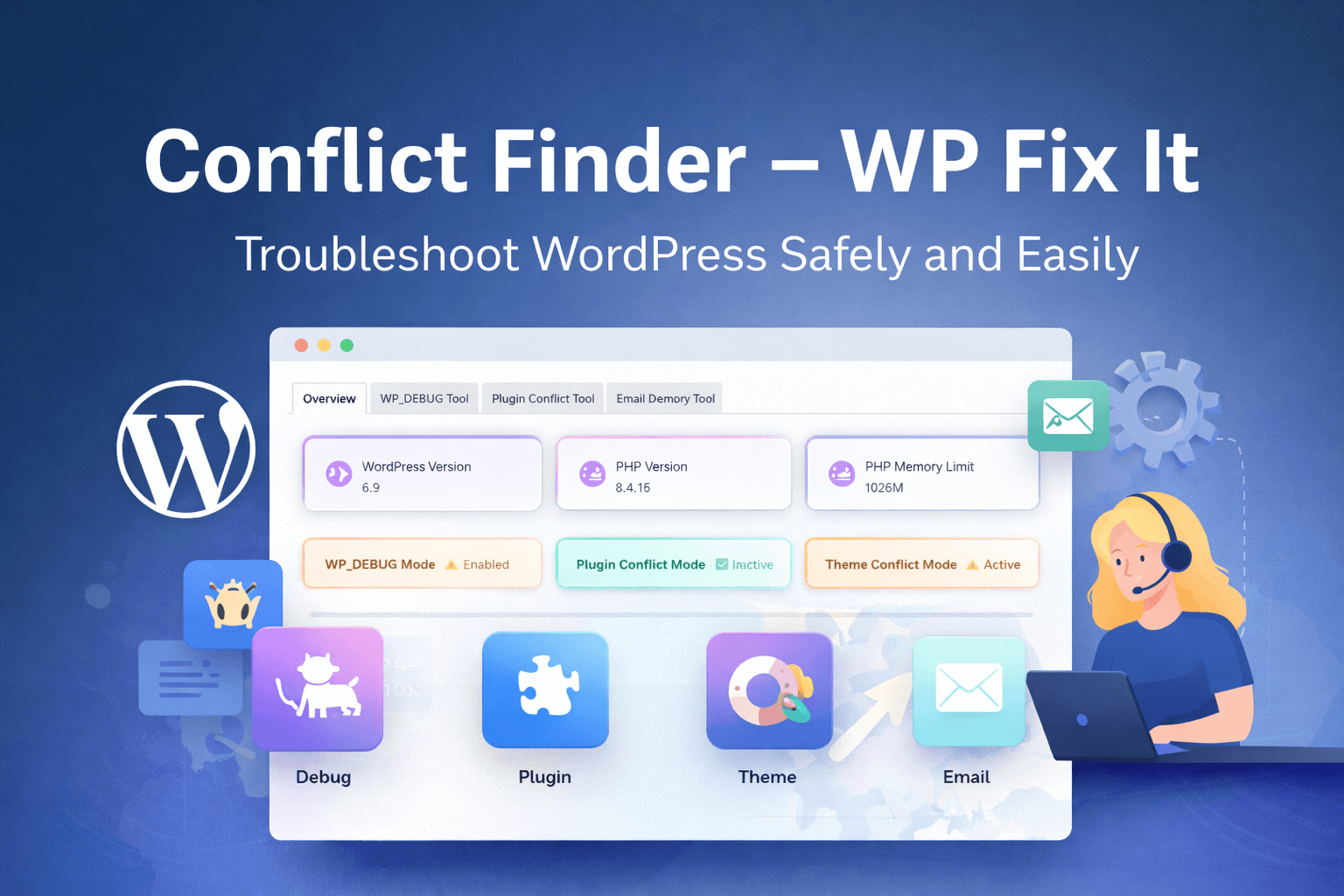
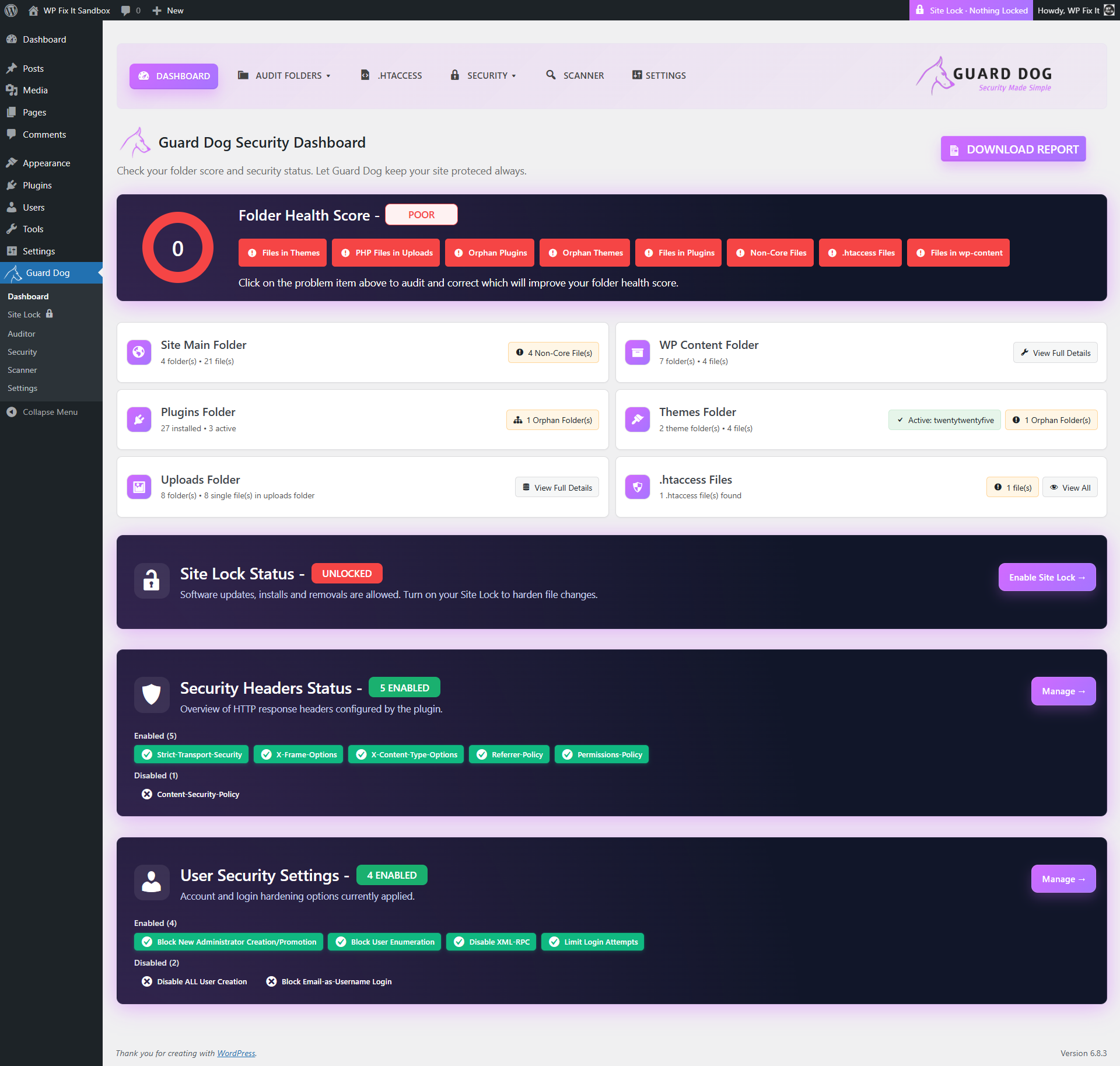

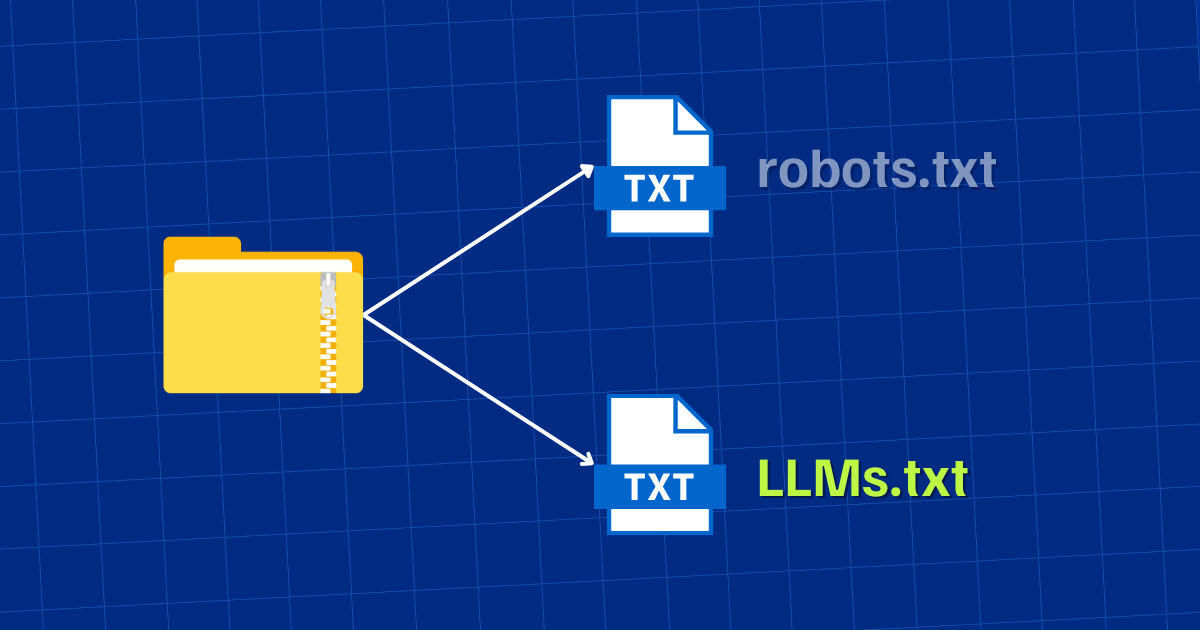




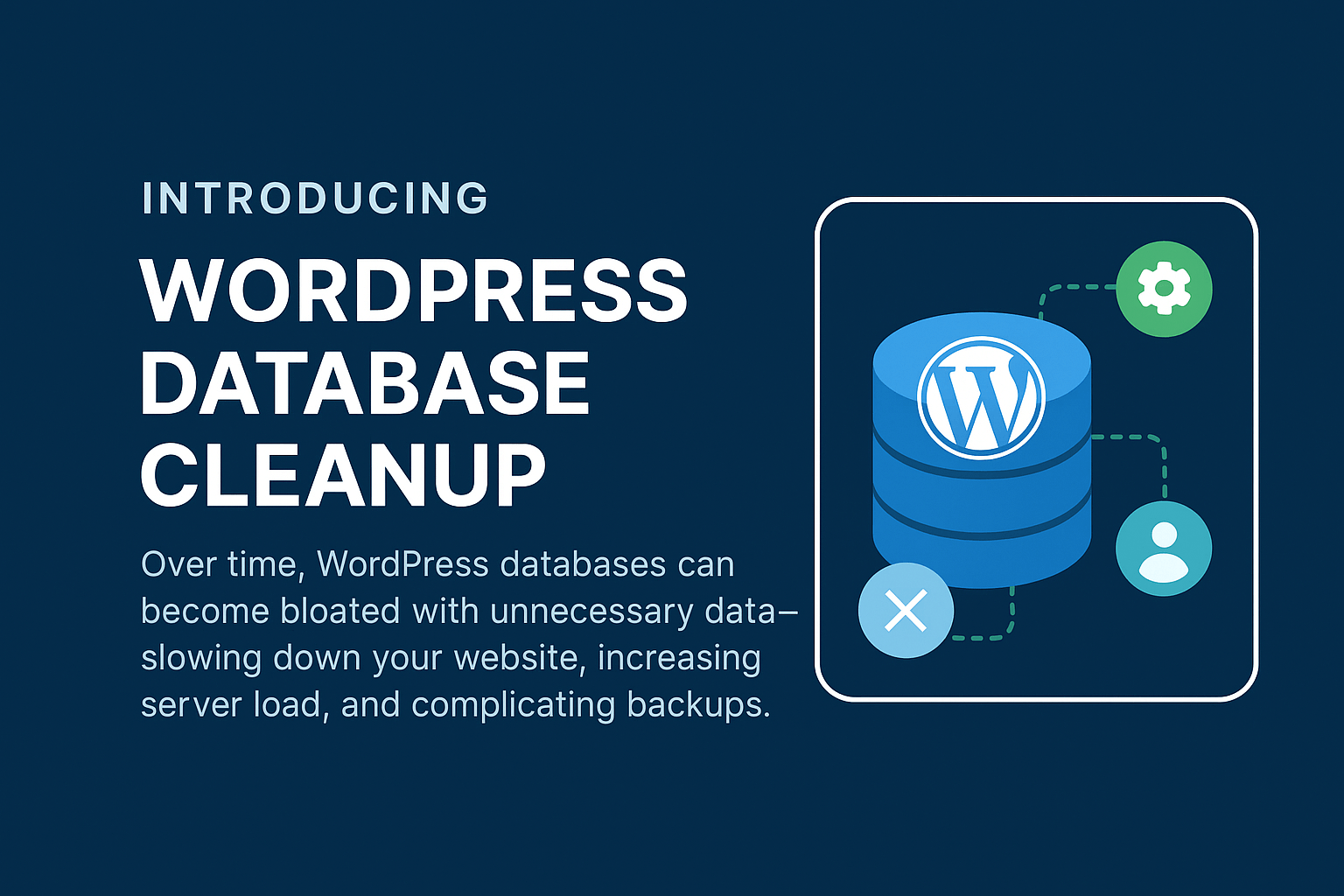
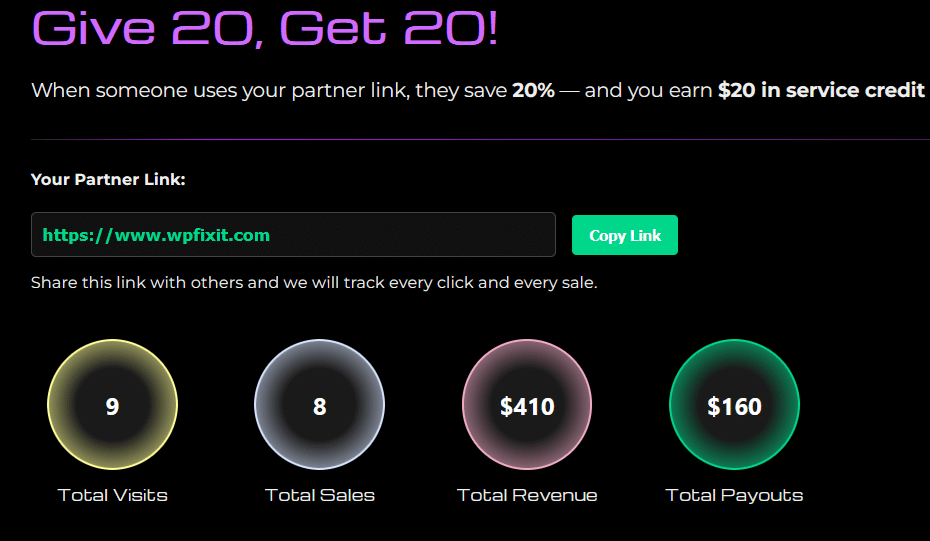



I wholeheartedly agree with all of these points. Though I haven’t presented at WordCamp, I’ve given presentations and was a teacher. Energy is good but passion is how I would characterize it. Also: confidence. Practicing the talk with a friend, on video, or at a meetup may help, too.
Would love to see you speak at a WordCamp soon Bridget!
A couple of additions: make sure you have enough content… And NOT TOO MUCH fot the time allowed. I generally include this at the beginning: Ask a question: i’ll either (1) give you an answer or cover it later. (2) Say I don’t know, but I’ll find out or (3) ask me later
Great points!
So when you going to give a wordcamp presention about giving wordcamp presentions?
Would love to. Not really a WordCamp presentation though because it would be only be an audience for presenters.